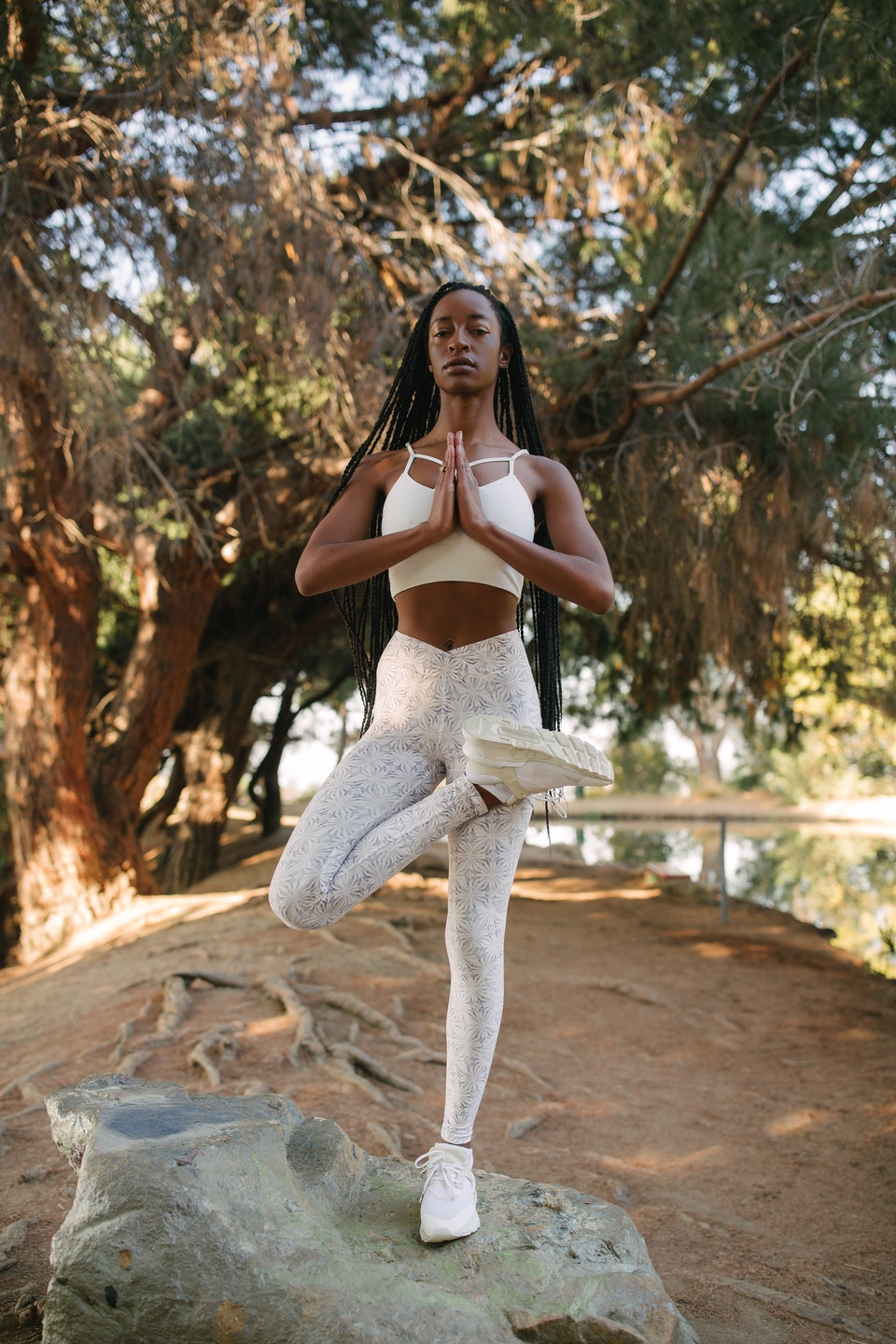By Michelle R. White

The global pandemic descended upon us like ocean mist before an impending storm. Those paying attention to international news sensed its’ crossing borders. The N.Y. Times reported that the “coronavirus surfaced in a Chinese seafood and poultry market in December 2019.” All the while, the U.S. presented an air of impenetrability. While aware of the trajectory, I didn’t think it would take hold. I didn’t think it would essentially shut down, seemingly over the course of a few days, our entire livelihood.
The N.Y. Times reported, “On March 15, The C.D.C. recommended no gatherings of 50 or more people in the U.S. The Centers for Disease Control and Prevention advised no gatherings of 50 or more people in the United States over the next eight weeks. The following day, Mr. Trump advised citizens to avoid groups of more than 10. New York City’s public schools’ system, the nation’s largest with 1.1 million students, announced that it would close.” Also reported, “The virus has killed more than 1.6 million and sickened more than 76 million over the last year.”
A global pandemic impacts all aspects of our health including mental health. The American Psychological Association’s 2020 Stress in America survey indicated “Americans have been profoundly affected by the COVID-19 pandemic, and that the external factors Americans have listed in previous years as significant sources of stress remain present and problematic. These compounding stressors are having real consequences on our minds and bodies…we are facing a national mental health crisis that could yield serious health and social consequences for years to come.”
In thinking about the connection between physical fitness and mental health during this trying time; the need for flexibility, creativity, and will power come to mind. If someone isn’t physically active, what kind of spark is needed? COVID has definitely provided permission to delay life as we’re told to quarantine, keep our distance and social interactions minimal. Have avid exercisers rolled with the times and adjusted to limited gym accessibility and personal protective (PPE) requirements that feel constricting when simply breathing?
Personally, I needed to do something drastic to get moving. I began kickboxing. I was coming off the couch, per say, which was a great challenge. But, the alternative deteriorating physical and mental health was more challenging. Five months later, it was my needed spark. Resultingly, my fitness routine expanded to include cycling, running and more. Naturally, my excitement and curiosity led to my questioning the journey of others’ and the research on mental health and physical fitness during COVID.
Lawrence Welkowitz, Ph.D., Professor of Psychology and Chair of the Department of Psychology at Keene State College offers: “The Duke SMILES Study was important in showing that exercise is important in helping people manage depression. The study had a very large sample and found that exercise did as well as medication (Sertraline/Zoloft) in helping diagnosed patients. The study also showed that those who kept up their exercise routine kept their depression at bay! So, people with depression have choices: They can choose to take a pill or to exercise or both. But given that a full third of all depressed people will have trouble tolerating side-effects of medication why not try exercise? I’ve never heard of people experiencing terrible side-effects of walking each day. A problem with only taking medication is that people are robbing themselves of experiencing the benefits of exercise. Another problem is that the pill doesn’t ask “What are you depressed about?” This is why I recommend that people start with exercise and cognitive-behavioral therapy – and then add medication if those don’t do it.”
The February 2020 edition of Front Psychiatry reports, “The effect of exercise in treating or preventing anxiety and depression has been demonstrated in numerous studies, and widely accepted as an affordable, non-invasive, and easily accessible measures for individual with mental disorders. Recently, a study reported, as people were rarely able to get access to exercise facilities during the Covid-19 pandemic, exergames based on the combination of exercise with appealing digital games was a potential method to cope with anxiety. A 20 min. single session exergame at moderate intensity were able to significantly reduce the levels of anxiety in a healthy person.”
Possessing flexibility in fitness modalities has become crucial. Whether exergames, in-house gyms, or outdoor set-ups-COVID requires a heightened level by users, business owners and fitness practitioners. Annika Kristiansen, of Telluride Yoga Center states, “A never-ending global pandemic, a turbulent political ecosystem, and the ongoing cataclysmic climate crisis has positioned a heavy blanket of fear, depression, and anxiety on many communities and individuals. More than ever, people are looking for ways to initiate change within (themselves) and externally. As a yoga teacher and someone who kept a yoga studio afloat through the worst of 2020, I’ve seen the benefits of people coming together to move their bodies. I always begin class by saying, “let your mind rest for the next hour in a space between thoughts; leave whatever you brought with you behind, and just breathe.” For me, the path forward lies in a society of people re-learning how to be in their bodies, in the present moment. When we turn inwards, we remember the truths of how to be human – no matter the chaos around.”
For avid exercisers, fear around the need for personal protective equipment is real. “I have anxiety and depression, and have had large chunks of my life defined by each. I’m a runner and since starting at 15, it’s channeled my anxiety. The physical benefits are of course great, and being assigned female at birth, makes me feel stronger and confident. During depressive episodes, it’s difficult to move. In the midst of one last year, on a clearer headed day, I signed up for a marathon. Then this summer, I’m let go from my job and I try to run but every time, I run into people not wearing masks and begin to dread it. So, I stop. I watched friends on social media and runners I look up to run maskless. Instead of dissipating my anxiety, my once favorite form of movement harkens it. In my battle for mental stability, it’s made me look inward. I’ve begun to dance, sometimes to music, but mostly to the chaos in my body. A new job has required me to sit mostly, and during walk breaks I sneak in movement. A coworker noted my “two-step” and mentioned that once you stop moving things become difficult. But if you stay moving you never really stop. It was validating; I’m still moving, I’m going forward, and I’m still here,” Jules Lyons.
Moving forward and being present has become all we can do. As a runner, similar to Jules, Laura Tobin, relates to current struggles, “Looking back, it’s hard to remember where I started and the changes. As positive as I feel, I can almost forget the days when I struggled to get out of bed. Having nowhere to go made it more difficult. Why bother? Fitness is a word I associate with gyms and protein shakes, but movement is therapy. I love running up hills. I find it empowering. Run as far as you can, then take one more step. I think during discouraging times, running up a hill reminds me of my strength of heart and mind. I think the key to overcoming so many mental health challenges is creating opportunities to tell ourselves, “Good job,” and to forgive ourselves when we don’t get it right. This year was not a running year for me. Discovering the world of expressive dance in my studio apartment was nothing but enlightening. If you’ve never danced to Hozier’s “From Eden,” I don’t know what you’re waiting for.”
So, whether you walk, run, dance, or kickbox, despite these challenging COVID times-I hope you can and will-work it out and get moving!
Sources:
https://www.apa.org/news/press/releases/stress/2020/sia-mental-health-crisis.pdf
